Book launch
The Art of Activism and the Activism of Art
, –
At The Church Street Library, 67 Church Street, NW8 8EU
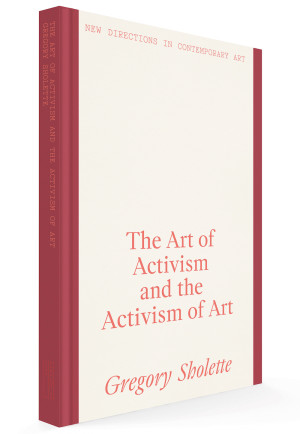
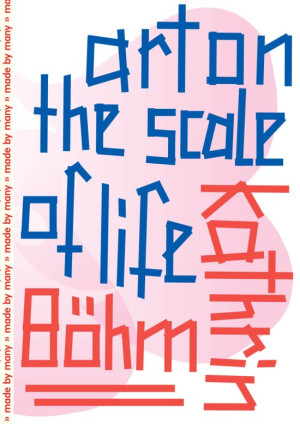
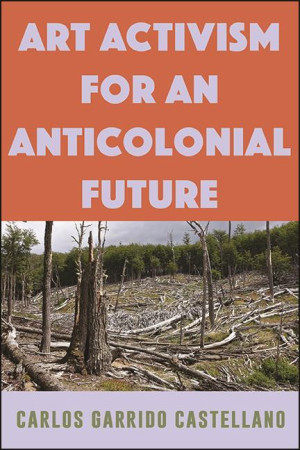
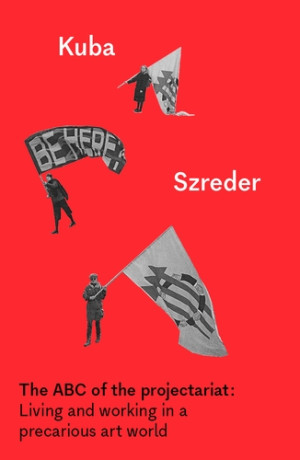
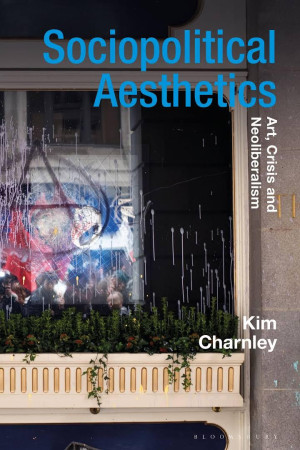
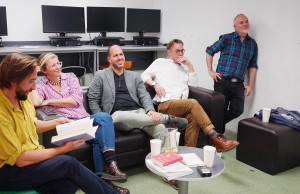
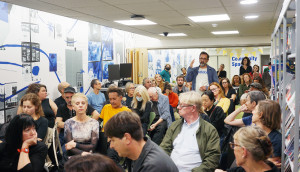
An evening with Gregory Sholette and guests Kathrin Böhm, Carlos Garrido Castellano, Kuba Szreder and Kim Charnley.
Since the global financial crash of 2008, the 2020 murder of George Floyd, and a visibly deteriorating living environment, artists have become increasingly engaged in a wide range of cultural activism protesting capitalism, colonial legacies, war, political authoritarianism, gentrification, ecological destruction, but also in opposition to their own exploitation. In doing so, they openly absorb and reflect forms of protest within their art practice, as much as social activists progressively incorporate aesthetic tactics into public demonstrations.
Gregory Sholette’s new Lund Humphries book, The Art of Activism and the Activism of Art maps, critiques, celebrates and historicises this overlapping phenomenon from the dual perspective of a commentator (as scholar and writer) and insider (as activist artist). Sholette was joined by his exceptional guests, Kathrin Böhm, Carlos Garrido Castellano, Kuba Szreder and Kim Charnley in an evening of urgent discussion on the topic of socially engaged art at a time of intensifying political, economic and environmental and military crisis.
Refreshments have been kindly provided by Lund Humphries; and diverse economies drinks courtesy of contributing artist Kathrin Böhm and Company Drinks.
Biographies
Gregory Sholette is a NYC-based artist, writer, and activist whose forthcoming book, The Art of Activism and the Activism of Art (Lund Humphries, 2022) joins Dark Matter, Delirium and Resistance, and Art as Social Activism to focus on issues of collective cultural labor, protest culture, and counter-historical representation. Sholette holds a Ph.D. from the University of Amsterdam, is a graduate of the Whitney Independent Studies Program, UCSD, Cooper Union, and is co-director with Chloë Bass of Social Practice CUNY (SPCUNY): a new social justice initiative funded by the Andrew W. Mellon Foundation at Queens College and the CUNY Graduate Center.
Kathrin Böhm keeps calling herself an artist and considers herself local in Hackney and Höfen. Her work is operating in and outside of the art world, acting trans-locally to connect practices of change, and organising the real economy in order to take it back. Continuous interests in her work are the collective (re-)production of public space, trade as public realm & the everyday as starting point for culture.
Her book Kathrin Böhm: Art on the Scale of Life is edited by Paul O’Neill and Mick Wilson and is being published by Sternberg Press
Carlos Garrido Castellano works at University College Cork and is author of Beyond Representation in Contemporary Caribbean Art (2019), Art Activism for an Anticolonial Future (2021) (available for free here) and Literary Fictions of the Contemporary Art System. He has coordinated several special journal issues and edited volumes on cultural activism and postcolonial/decolonial practice.
Kuba Szreder is a researcher, curator, and a lecturer at the Academy of Fine Art in Warsaw. He actively cooperates with artistic unions, consortia of postartistic practitioners, clusters of art-researchers, art collectives and artistic institutions in Poland, UK, and other European countries. Editor and author of books and texts on the political economy of global artistic circulation, art strikes, modes of artistic self-organization, instituting art beyond the art market and the use value of art. His most recent book is The ABC of the projectariat. Living and working in a precarious art world was published by the Whitworth Museum and Manchester University Press in 2021.
Kim Charnley is author of Sociopolitical Aesthetics: Art, Crisis and Neoliberalism (Bloomsbury, 2021) and an educator, theorist, art historian and lecturer at the Open University. His work explores the intersecting histories of institutional critique and art activism, with a particular focus on artists’ interpretations of Marxism after conceptual art shifted the division of labour between artist and critic. Sociopolitical Aesthetics explores the ‘social turn’ in art in the context of restructuring of the art institution by neoliberal social and economic crises since the 1970s. His writing has been published in Art and the Public Sphere, Historical Materialism and Art Journal.
With thanks to Social Practice CUNY and Lund Humphries for support with this launch event